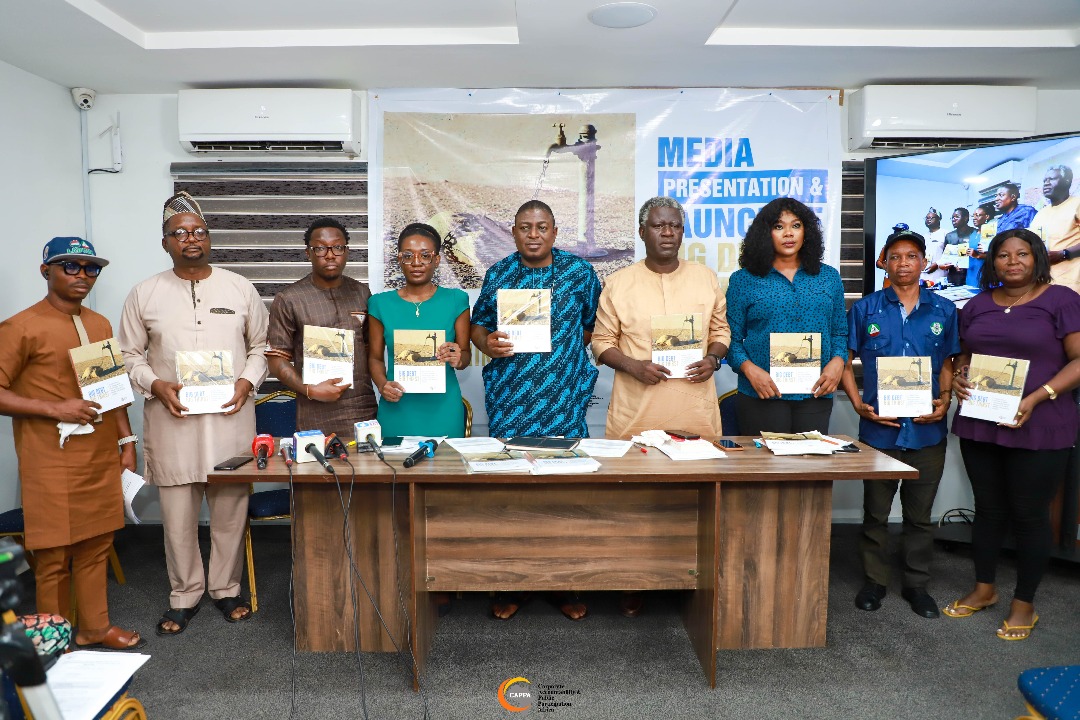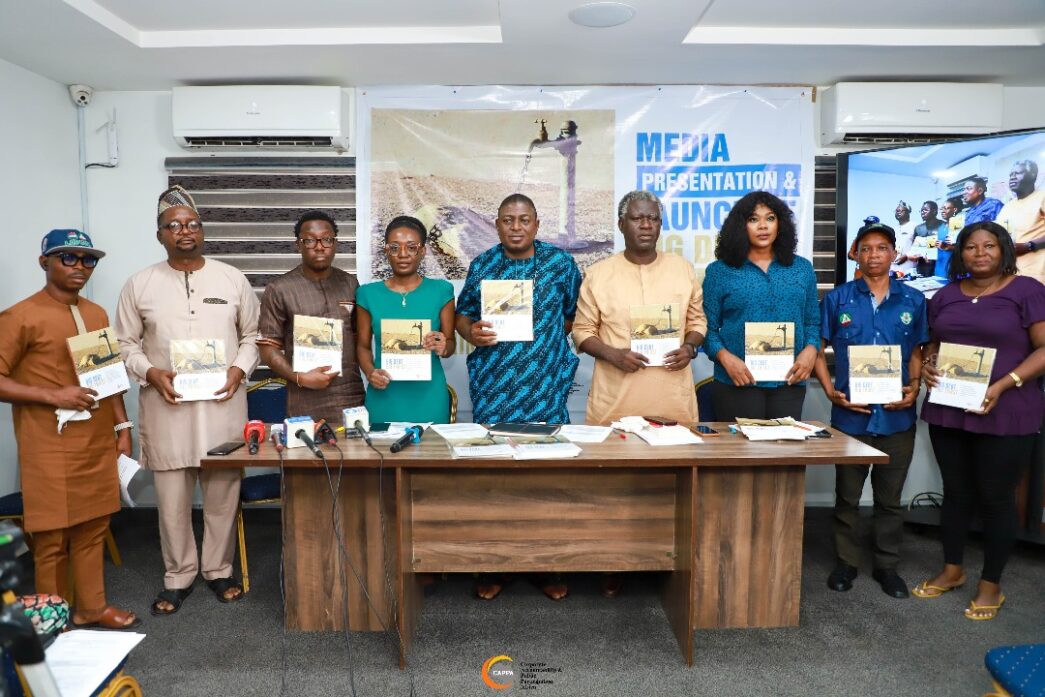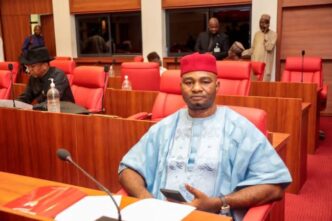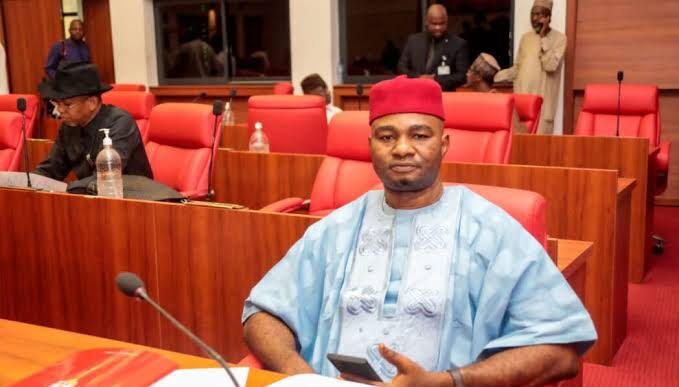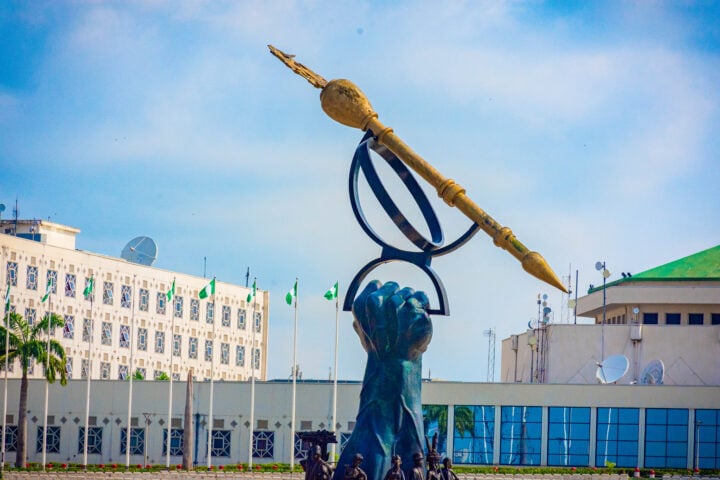The Corporate Accountability and Public Participation Africa (CAPPA) says the World Bank water privatisation reforms are failing Nigerians.
Akinbode Oluwafemi, CAPPA’s executive director, spoke on Friday at the media presentation of a report titled: “Big Debt, Big Thirst: A Case Study of World Bank Supported Projects in Ekiti, Rivers and Bauchi States”.
The report examines the ongoing implications of privatisation reforms advocated by international financial institutions, particularly the World Bank.
Akinbode said the report reveals a disturbing pattern of systemic failures that continue to compromise water access for millions of Nigerians.
Advertisement
“There is undeniably a crisis of potable water availability in Nigeria and across much of Africa. However, public discourse around this critical issue frequently attributes the problem to factors such as rapid population growth, climate change, aging infrastructure, and weak governance structures that impact the performance of public water systems,” Akinbode said.
“But our research reveals that the water crisis confronting Nigeria and much of Africa cannot simply be attributed to environmental or demographic pressures alone but also the predictable outcome of decades-long state withdrawal from public investment, coupled with the aggressive imposition of neoliberal policies falsely presented as pathways to development.
“In this context, we have observed growing debates about water accessibility, particularly around whether water should remain a fundamental public good, universally accessible by right, or be treated as a market-driven commodity, subject to the impersonal forces of profit-oriented supply and demand.”
Advertisement
Akinbode said privatisation and commercialisation are promoted as efficient solutions to public sector shortcomings, but noted that empirical evidence from Ekiti, Rivers, and Bauchi presents an entirely different story.
“Instead of improved water access and infrastructure, citizens experience steep tariff hikes, workforce downsizing, diminished public accountability, and continued systemic inefficiencies,” he said.
“The World Bank’s Third National Urban Water Sector Reform Project (NUWRSP3), supported by a significant $250 million loan from the International Development Association, promised transformative results for state water sectors through privatisation and corporatisation.
“Yet our findings unequivocally hold that five years after the project’s completion and with a national debt repayment stretching over forty years, local communities remain deeply underserved and disappointed.
Advertisement
“Systemic issues such as lack of managerial accountability and inconsistent power supply, which were flagged as major challenges under public management, remain unaddressed and even exacerbated under this private-driven reform framework.
“Central to this report is an examination of the ideological underpinnings of the World Bank’s water reform strategies. Our findings reveal a pattern wherein structural adjustment policies and privatisation schemes, historically pushed by international financial institutions such as the World Bank and IMF since the 1980s, have consistently undermined democratic control over essential resources, intensified socio-economic disparities, and fostered long-term developmental dependencies.
“Across all three states, a fundamental condition attached to the water project loans was the commitment embedded even within policy frameworks to restructure state-owned water corporations into privatised entities or create conditions enabling unrestricted private sector involvement, including the acquisition of public water infrastructure.
“Despite this, no significant improvement has materialised in people’s access to a reliable water supply. Even so, evidence abounds that the privatisation of water utilities has consistently failed not just in Nigeria but across the globe.”
Advertisement
Akinbode noted that there is an urgent need for a fundamental rethinking of the nation’s water governance.
CAPPA, therefore, calls for an immediate cessation of the privatisation of water services in Nigeria.
Advertisement
It also advocates for a fundamental reorientation that recognises water as a fundamental human right, necessitating sustained public investment, transparent governance, and genuine democratic control.
“AFRICA ENTRAPPED IN VICIOUS CYCLE OF LOAN REPAYMENT”
Advertisement
Also speaking, Adelaja Odukoya, dean of the faculty of social sciences at the University of Lagos, said development is not on the agenda as Africans are entrapped in a vicious cycle of long-lasting debts.
He noted that the World Bank is all about making a profit and would, therefore, prioritise their self-interest above others.
Advertisement
“In this context, Africa has become a shopping complex, an atm for the West. With the multiplicity of evidence including the one that was just established about the failures of the World Bank project, the question you should ask yourself is if it is not time to start writing the obituary of the World Bank in Africa. Because this bank will forever underdevelop Africa. The report exposes the lies of the World Bank being a developmental bank,” he said.
“The World Bank is equally playi g politics with us and not different from what they condemn in Africa.”
